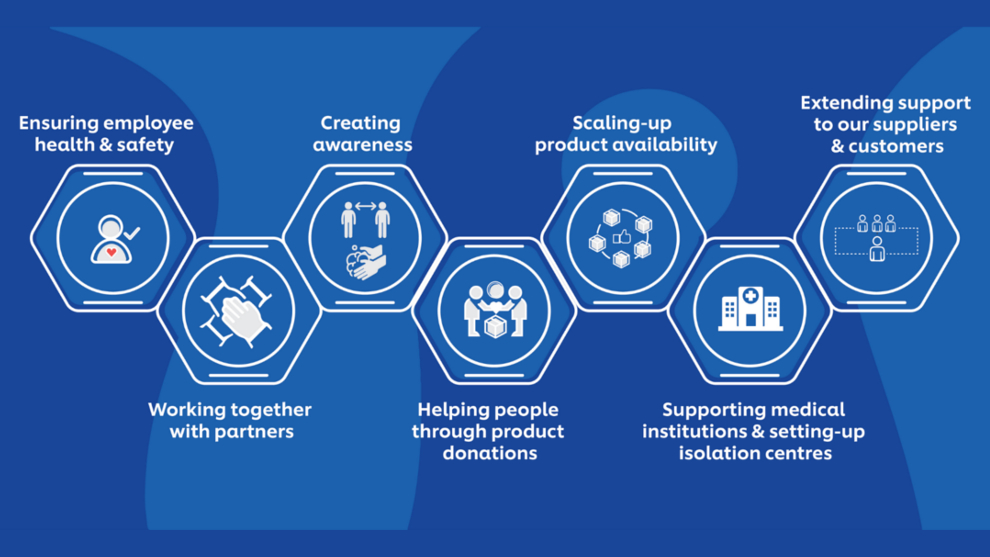What to Do If You Are Sick
Take steps to care for yourself and help protect others in your home and community. Learn more

What to Do If You Are Sick
Take steps to care for yourself and help protect others in your home and community. Learn more
We recognize that our operations can impact the health of our people. We set clear requirements with minimum mandatory controls to manage and protect the health and well being of our employees and contractors.
Some of the harmful health risks and agents at our workplaces include exposure to musculoskeletal stressors, noise, coal mine dust, silica and diesel particulate matter (DPM). We manage our exposures with internally specified occupational exposure limits (OELs). Our OELs are in line with, or more stringent than, applicable regulated limits.
When setting OELs for our most material occupational health exposures, we monitor and review scientific literature; engage with regulators and OEL-setting agencies; benchmark against peers; and seek independent advice.
We conduct periodic medical surveillance to detect signs of potential illness at an early stage, and assist our people in the recovery and management of illness that is a result of exposure at our workplace.
In line with Our Charter and our culture of care, we undertake activities to enhance the physical and mental well being of our employees. This includes the provision of preventative health measures, such as influenza vaccinations, gym facilities, healthy food alternatives at our worker accommodation camps, and a Mental Health Framework focused on awareness, support and pro-active management of mental well being.
Our Copper Mountain Corp value of Sustainability articulates safety as a fundamental element.
The safety of our people and the communities in which we operate always comes first. Our working environments by their nature expose our employees and contractors to risk. This is why our objective is to identify those risks and implement controls. Our material safety risk assessments include potential community impacts and controls to mitigate these broader impacts.
We committed to a set of global safety priorities in FY2016 that continue to guide our decision-making and approach to safety. These four focus areas are:
Our Requirements for Safety standard defines a number of the most common safety risks and their minimum controls. Each operation assesses further controls that may be required to manage the specific risks at their operation to meet the objective of no fatalities.
We believe having the right controls in place to effectively manage our risks that have safety impacts will lead to improved safety outcomes.
We continue to provide opportunities for interaction to improve our safety performance. Routine engagement with employees and contractors includes health and safety committees; pre-start meetings; in-field leaders discussing job-specific safety risks; and safety toolbox talks; all of which visibly demonstrate our priority of working safely.